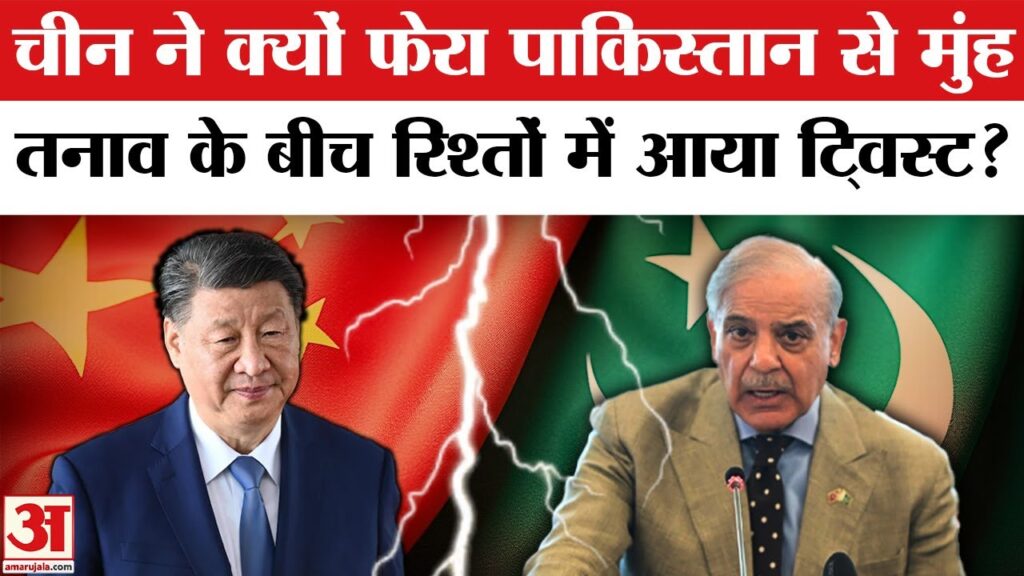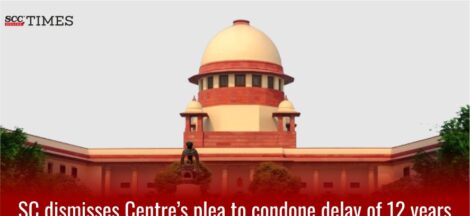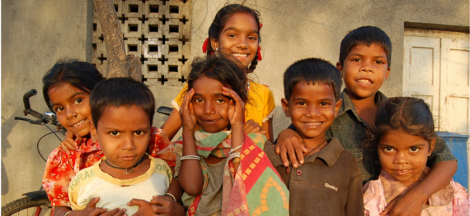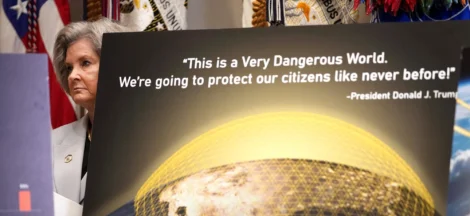The four day visit of the Pakistan Deputy Prime Minister Mohammad Ishaq Dar to China ended on Wednesday May 21 with top Chinese leaders assuring Dar that ‘as an ironclad friend, China, as always, firmly support Pakistan in safeguarding its national sovereignty and territorial integrity, support Pakistan in exploring a development path suited to its national conditions, support Pakistan in resolutely combating terrorism and support Pakistan in playing a greater role in international and regional affairs”.
There can not be any unequivocal statement more than this ten days after the India-Pakistan limited war beginning early hours of May 7 ended on May 10 at 5 PM what was termed as only pause by the Indian Prime Minister Narendra Modi as against full fledged ceasefire claimed by the U.S. President Donald Trump who also boasted in his social media that at his instance, the U.S. officials organized the ceasefire by talking to the heads of both the governments.
The outcome of the Pakistan Deputy PM’s talks in Beijing should cause worry to the Indian officials of PMO and the foreign ministry as the Chinese tone is combative and it is a sort of carte blanche to Pakistan to pursue its policy of dealing with its current adversary India. China is a permanent member of the Security Council and its backing of Pakistan against India in regional affairs, means that India will confront a big wall when its outreach delegation visits United Nations and talks to the five permanent members of the Security Council, ten non permanent members and some other members who have substantial voices on global issues.
Only on May 20, the Indian foreign ministry briefed three outreach delegations. As per media reports, the official briefing mentioned that China’s attitude was found to be positive on the current India-Pak conflict. The foreign ministry is living in their own world of make believe rather than hard ground reality. The same day, the foreign ministry briefing on outreach was taking place in New Delhi, the Chinese foreign minister Wang assured the Pakistani foreign minister and Deputy PM Ishaq Dar in Beijing that China would support Pakistan in safeguarding its national sovereignty and territorial integrity. How can the foreign ministry mention that Chinese attitude was found to be positive?
The Indian outreach delegations numbering seven are visiting 33 countries apart from Brussels, the headquarter of European Union. The first Indian delegation left on May 21 for visit to Japan, Indonesia, South Korea, Malaysia and Singapore. Prime Minister Narendra Modi may have full confidence in his new doctrine, but his position on no dialogue with Pakistan at the moment may not elicit favourable response from most of the countries. The nations in general strongly supported India in its call for terror camps destruction in Pakistan to root out terrorism, but they strongly disfavour any further India-Pakistan confrontation again. They want dialogue at the highest level of the two governments to lessen the ongoing tensions.
For instance, the outreach delegation led by the controversial Shashi Tharoor will be visiting UN, USA and the adjoining countries soon.. The U.S. has formally made its position clear that they consider the May 10 decision as a sort of full-fledged ceasefire and as a follow up, they want early India-Pakistan meeting to start the process of negotiations for lessening tensions. The region has a complex history and any negotiation will be time consuming. But the process has to start. Can Shashi Tharoor and his team members succeed through their meetings in changing this approach of the U.S., especially where the President Donald Trump is personally involved?
The hard fact is that Prime Minister Narendra Modi through his “new normal” doctrine has limited the range of Indian flexibility in global diplomacy. Pakistan has strong allies in China and OIC members. China’s support is a big win for Pakistan. Who are with India now? With USA now putting India and Pakistan at same level and Trump fully positioned against his good friend Narendra Modi’s new doctrine, there are a very few nations on whom India can depend for support on the basis of the PM’s doctrine. The QUAD members will extend all support to their member India for fighting terrorism but that does not mean supporting the policy of confrontation with its neighbour and avoiding any dialogue.
The present BJP government has messed up its relations with its long trusted friend Russia. Still Russia is supporting India to a great extent but President Putin is also in favour of dialogue between the two governments to avoid any future military conflict. In South Asia and South East Asia, every country is in favour of a dialogue between the two governments to improve India-Pakistan relations. India foreign minister Dr. S Jaishankar may go giving his erudite elaboration of Modi doctrine in global diplomatic arena, but it is not getting the due response. Anti-terror part is okay but nobody opts for the policy of another confrontation after ceasefire.
China has currently a strong economic and business reason to back Pakistan. Pakistan has been a milestone on China’s Belt-and-Road Initiative (BRI) since 2015. China has invested more than $46 billion in the China-Pakistan Economic Corridor (CPEC), via Pakistan-occupied Kashmir (PoK). CPEC is opposed by India but Pakistan is working for it with full gusto.
CPEC connects the Gwadar Port in Pakistan’s Baluchistan and Karachi in Sindh by overland routes with China’s Xinjiang province. Gwadar is a little over 100 miles from the strategically important Iranian port of Chabahar. Both China and Pakistan are aware of its strategic importance. Chinese funds have helped in improving Pak infrastructure in a big way. India is monitoring the progress but it can not play any role.
China has already upgraded the CPEC 2. The work is already in progress covering new infra projects along wide areas of Pakistan. China has its national interest in protecting its huge investment in Pakistan. It can not allow its friendly country to be devastated by India. China means business just as Trump does. Pakistan will continue to get China’s economic and political support against India in an increased manner in the coming days. There are doubts whether India can mobilise that kind of support from USA and its QUAD members in case of another India-Pak confrontation. (IPA Service)




